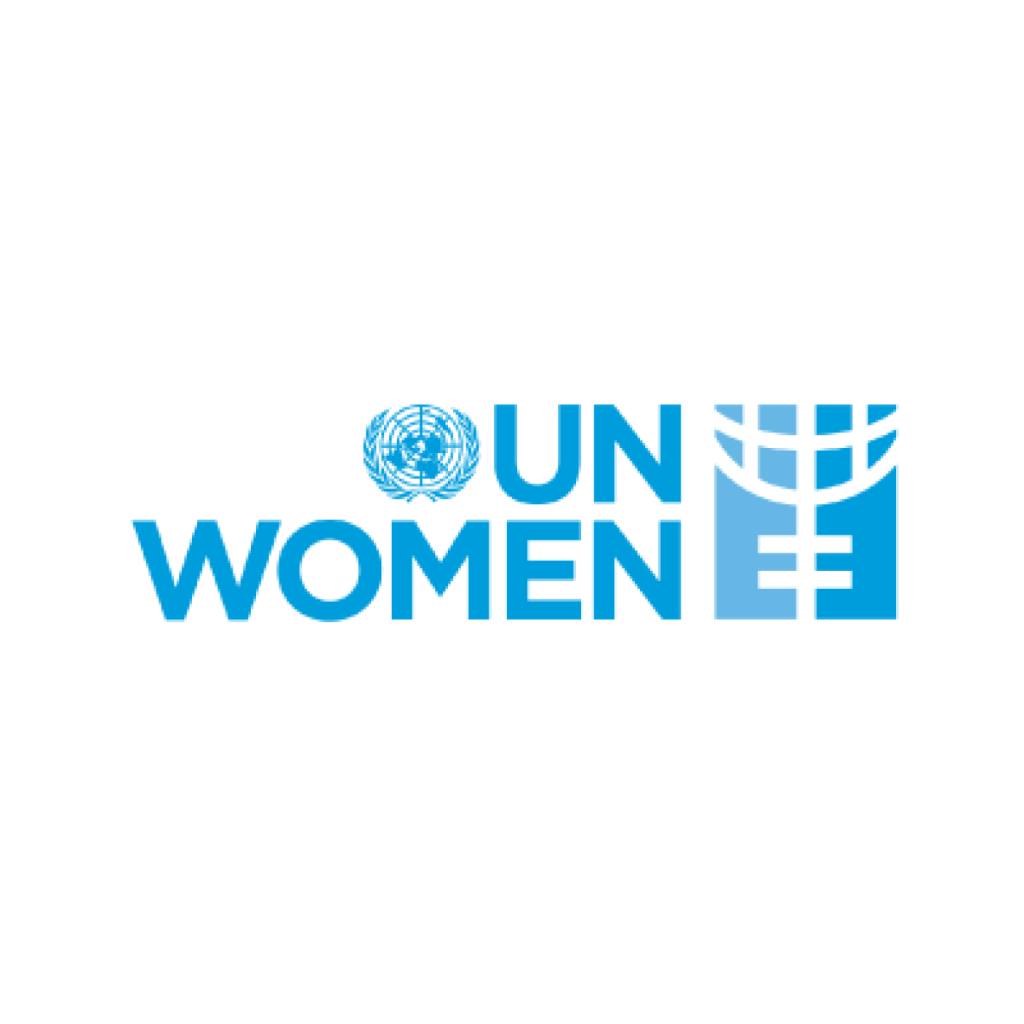
By George Swarei
Gender equality remains an elusive dream, and a critical gap in gender data is hindering progress towards achieving this goal. But what if data could be the game-changer that propels women and girls towards empowerment?
As the world strives to achieve the Sustainable Development Goals, addressing the gender data gap is not only a statistical necessity but also a powerful tool for empowering women and girls. UN Women Country Representative, Ms. Fatou Lo, drove home this point at the Data User Producer Symposium in Mutare on Monday.
She emphasized that gender data is a critical enabler in achieving the SDGs, and her address touched on the progress made, challenges faced, and the collective efforts required to bridge existing gender data gaps. She expressed gratitude for the collaboration with ZimStats, which aligns with UN Women’s mandate to achieve gender equality by 2030.
Gender statistics, she highlighted, are not merely numbers but indispensable tools for crafting evidence-based policies and programs that empower women and girls. However, despite global efforts, there remains a significant deficit in gender data, with only 47% of the necessary data available to monitor SDG 5.
Motivated by this shortfall, UN Women launched the Women Count Gender Data program in 2016, aimed at addressing key challenges hindering the production and use of gender data. Through this initiative, 73 countries, including Zimbabwe, have seen remarkable strides in data production and utilization.
Ms. Fatou Lo emphasized the program’s role in fostering stakeholder collaboration, enhancing data production, and driving policy change.
In Zimbabwe, UN Women has been instrumental in advocating for gender statistics and strengthening the capacity of ZimStats to produce critical reports, such as the Women and Men Report. Collaborative efforts have led to the development of gender-responsive monitoring and evaluation frameworks, laying the groundwork for improved data accessibility and utilization.
Looking ahead to 2024 and beyond, Ms. Fatou Lo outlined UN Women’s commitment to supporting ZimStats in addressing gender data gaps through three key areas: creating an enabling environment for data production, enhancing data availability, and promoting data uptake and use. These efforts aim to foster a deeper understanding of the importance of gender data and its role in shaping inclusive and equitable policies and programs.
Ms. Fatou Lo reiterated UN Women’s unwavering dedication to supporting national statistical systems in generating gender statistics and fostering a culture of data-driven decision-making. She expressed gratitude to ZimStats and all stakeholders for their commitment to advancing gender equality through data.
